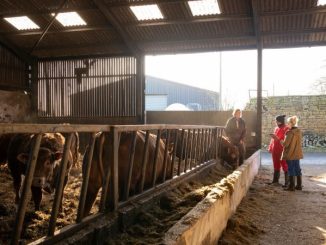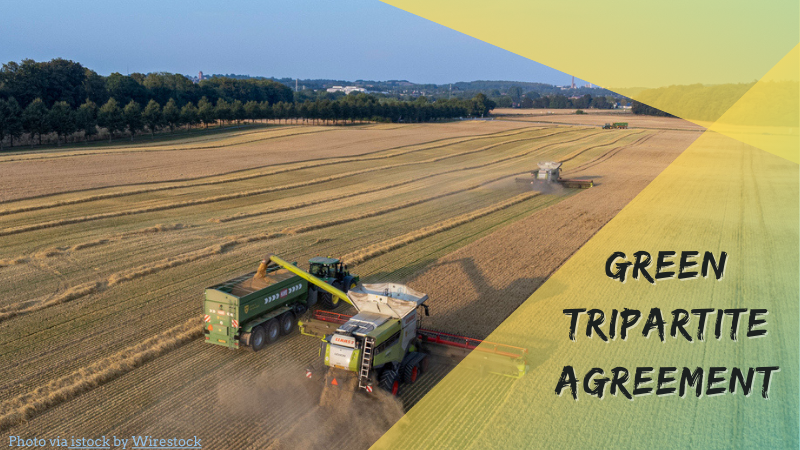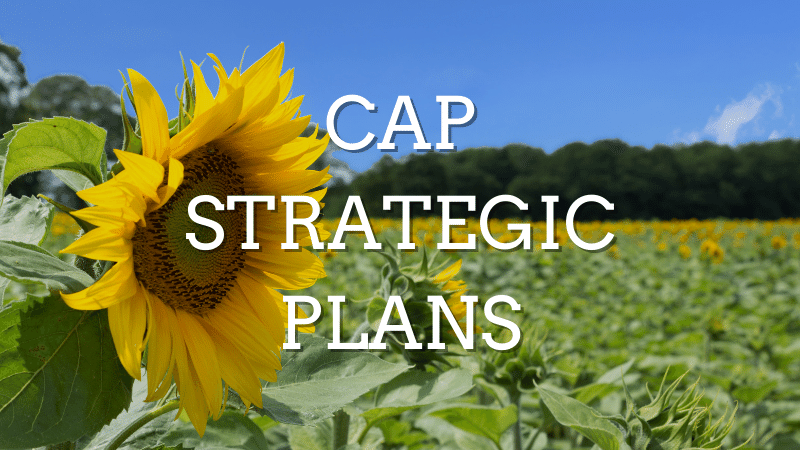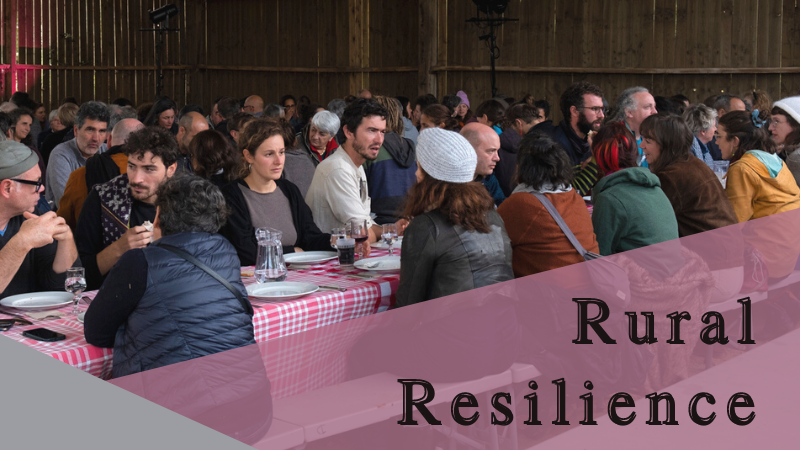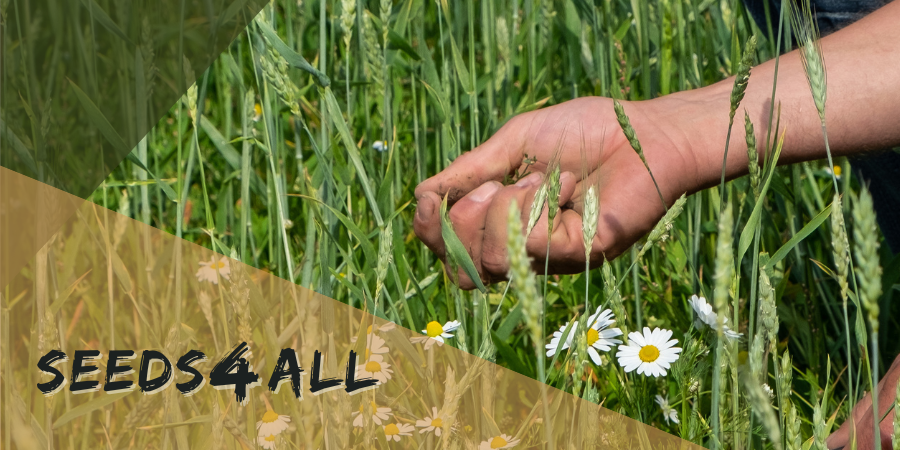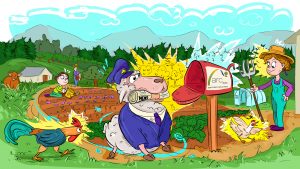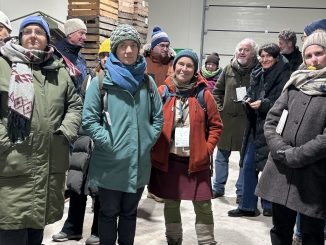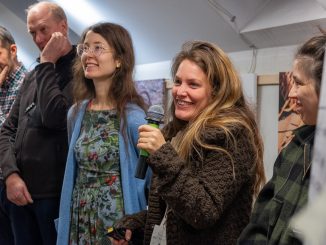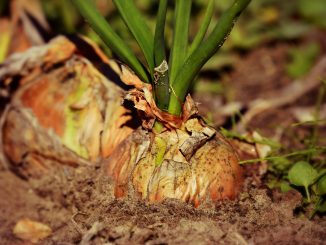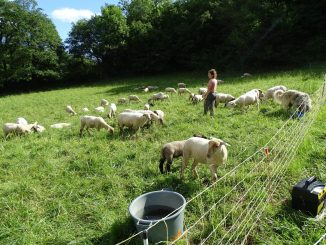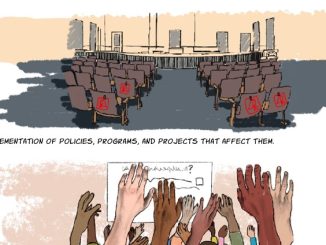
Main stories
-
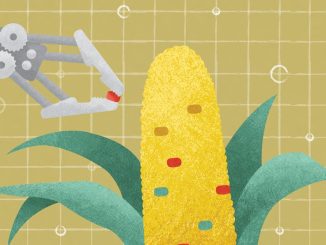 The field of plant biotechnology is undergoing a profound transformation. The rise of generative artificial intelligence (AI) tools is fundamentally reshaping the way genetic engineering is conducted. AI-driven genetic engineering may be vulnerable to well-known limitations of AI, such as the black box effect, hallucinations and data errors, raising concerns that plants with undesirable traits could be engineered and released into the environment. How should the EU respond? Benny Haerlin and Franziska Achterberg of Save our Seeds summarise findings of the organisation’s report When Chatbots Breed New Plant Varieties. […]
The field of plant biotechnology is undergoing a profound transformation. The rise of generative artificial intelligence (AI) tools is fundamentally reshaping the way genetic engineering is conducted. AI-driven genetic engineering may be vulnerable to well-known limitations of AI, such as the black box effect, hallucinations and data errors, raising concerns that plants with undesirable traits could be engineered and released into the environment. How should the EU respond? Benny Haerlin and Franziska Achterberg of Save our Seeds summarise findings of the organisation’s report When Chatbots Breed New Plant Varieties. […] -
 Competitiveness is the key word of this new Von der Leyen Commission 2.0 – and the EU’s new ‘Competitive Compass’ is supposed to steer it onto a path towards security and economic prosperity. But far from pointing North, many see it as a sign of things heading South for the green and agricultural transition over the next 5 years. Natasha Foote breaks down what you need to know. […]
Competitiveness is the key word of this new Von der Leyen Commission 2.0 – and the EU’s new ‘Competitive Compass’ is supposed to steer it onto a path towards security and economic prosperity. But far from pointing North, many see it as a sign of things heading South for the green and agricultural transition over the next 5 years. Natasha Foote breaks down what you need to know. […] -
 As Germany’s election season plays out, agriculture and environmental issues are notably absent from campaign agendas. Nonetheless, at Berlin’s annual Wir haben es satt protest, farmers and activists marched – without the usual tractors – demanding a food system that protects the climate, nature, animal welfare and rural communities. Hours earlier, the alliance held a final meeting with outgoing Agriculture Minister Cem Özdemir. Claudia Schievelbein reports. […]
As Germany’s election season plays out, agriculture and environmental issues are notably absent from campaign agendas. Nonetheless, at Berlin’s annual Wir haben es satt protest, farmers and activists marched – without the usual tractors – demanding a food system that protects the climate, nature, animal welfare and rural communities. Hours earlier, the alliance held a final meeting with outgoing Agriculture Minister Cem Özdemir. Claudia Schievelbein reports. […] -
 For years, ARC2020 has relied on X (formerly Twitter) to connect with partners, amplify voices in agroecology, and foster vital conversations about rural resilience and sustainable food systems. But the platform no longer serves as a conducive space for the kind of constructive engagement we strive for. Like many others, we have decided to leave the platform for good – and here’s why. […]
For years, ARC2020 has relied on X (formerly Twitter) to connect with partners, amplify voices in agroecology, and foster vital conversations about rural resilience and sustainable food systems. But the platform no longer serves as a conducive space for the kind of constructive engagement we strive for. Like many others, we have decided to leave the platform for good – and here’s why. […] -
 At this year’s Wir haben es satt! Demonstration in Berlin, thousands of farmers, activists and consumers gathered in front of the Reichstag to demand bold action on agri-food policy, urging the next government to deliver fair prices, support for agroecological farming and decisive climate action ahead of a pivotal federal election. […]
At this year’s Wir haben es satt! Demonstration in Berlin, thousands of farmers, activists and consumers gathered in front of the Reichstag to demand bold action on agri-food policy, urging the next government to deliver fair prices, support for agroecological farming and decisive climate action ahead of a pivotal federal election. […] -
 With both a newly elected European Parliament and a new European Commission, 2025 will be a definitive year in shaping the direction of agricultural policy. So what can we expect from 2025? And what does this mean for the shape of the agrifood sector in this next political chapter? Natasha Foote breaks down all the fun to come over the new year and beyond. […]
With both a newly elected European Parliament and a new European Commission, 2025 will be a definitive year in shaping the direction of agricultural policy. So what can we expect from 2025? And what does this mean for the shape of the agrifood sector in this next political chapter? Natasha Foote breaks down all the fun to come over the new year and beyond. […]






